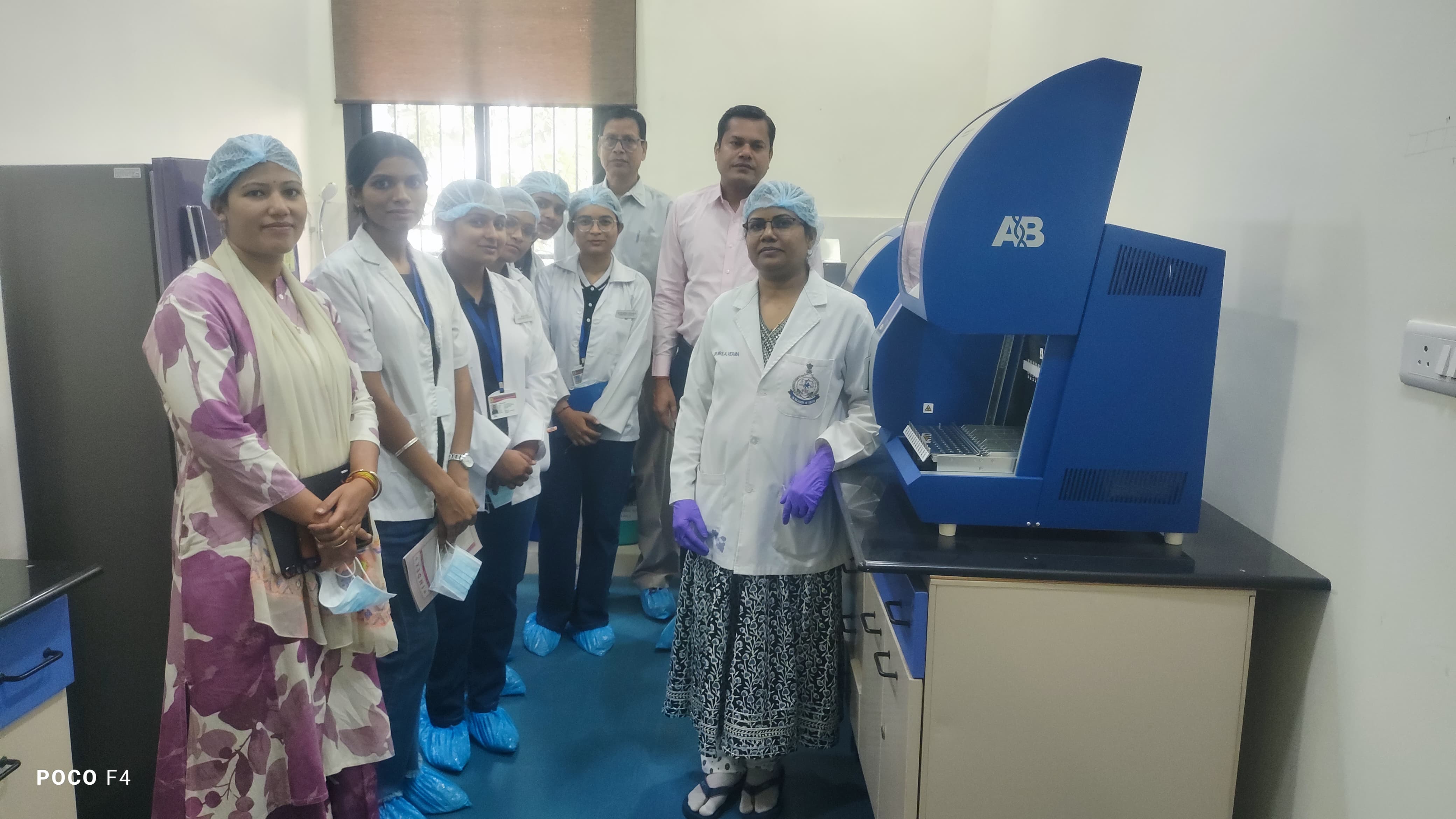
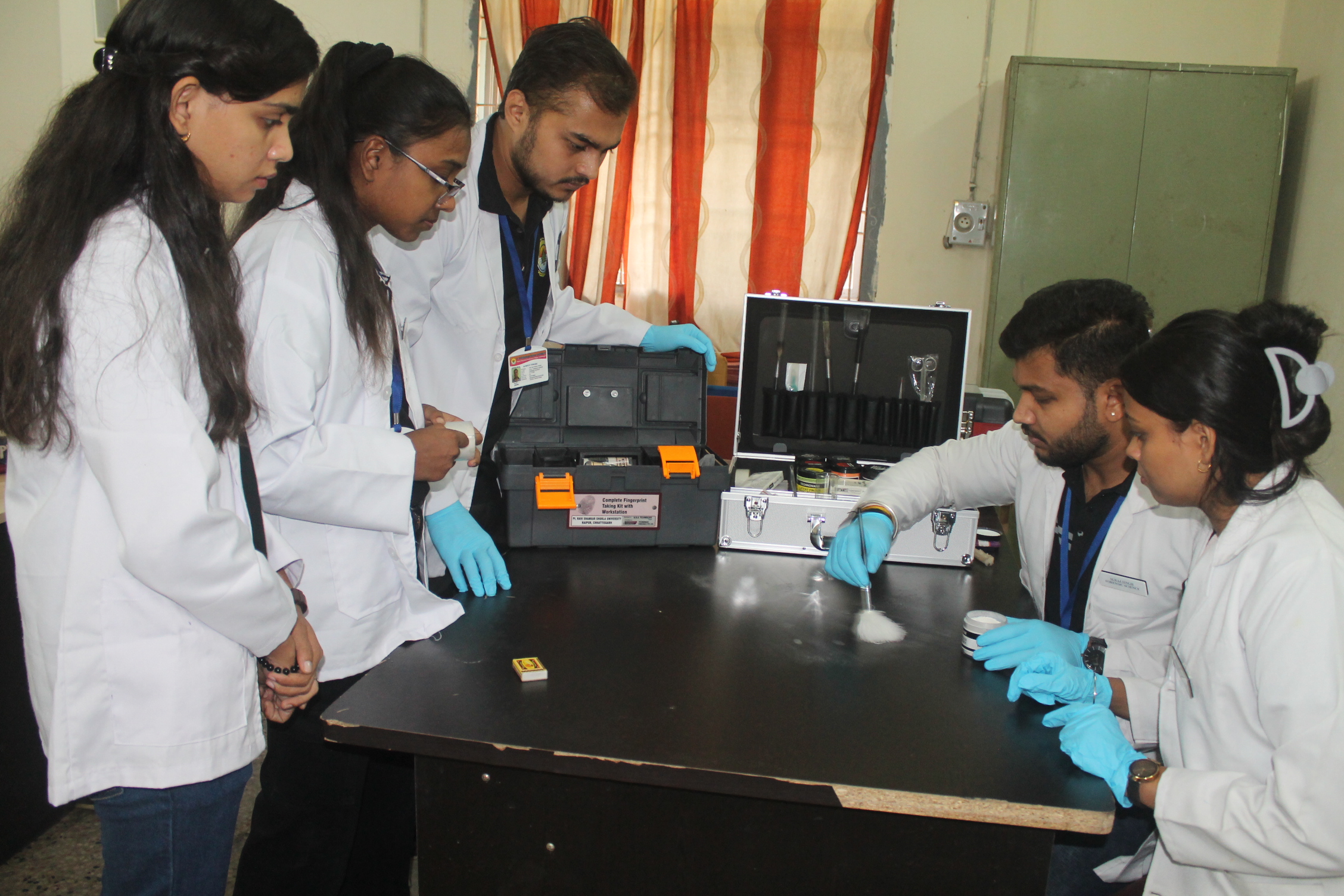
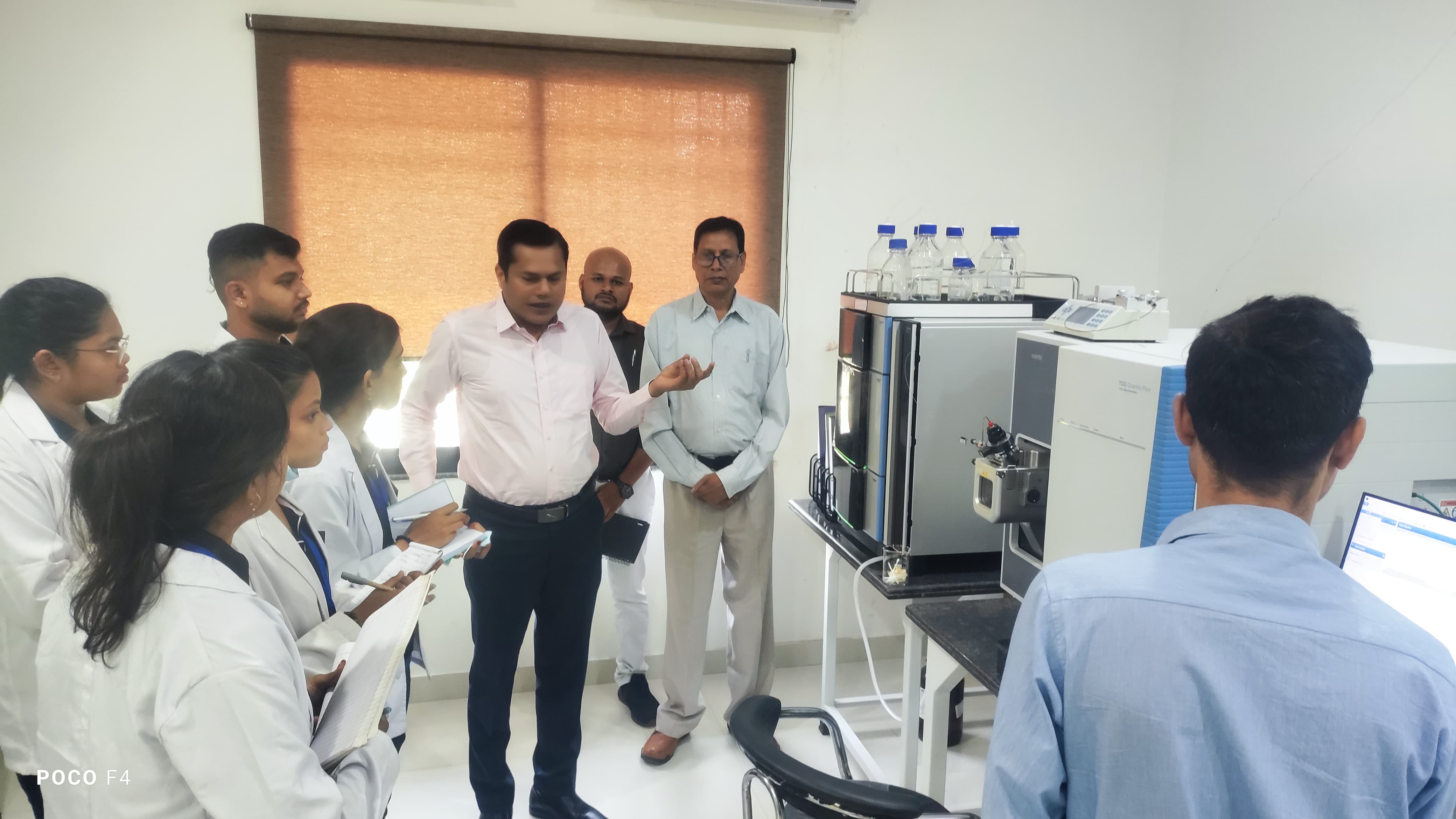
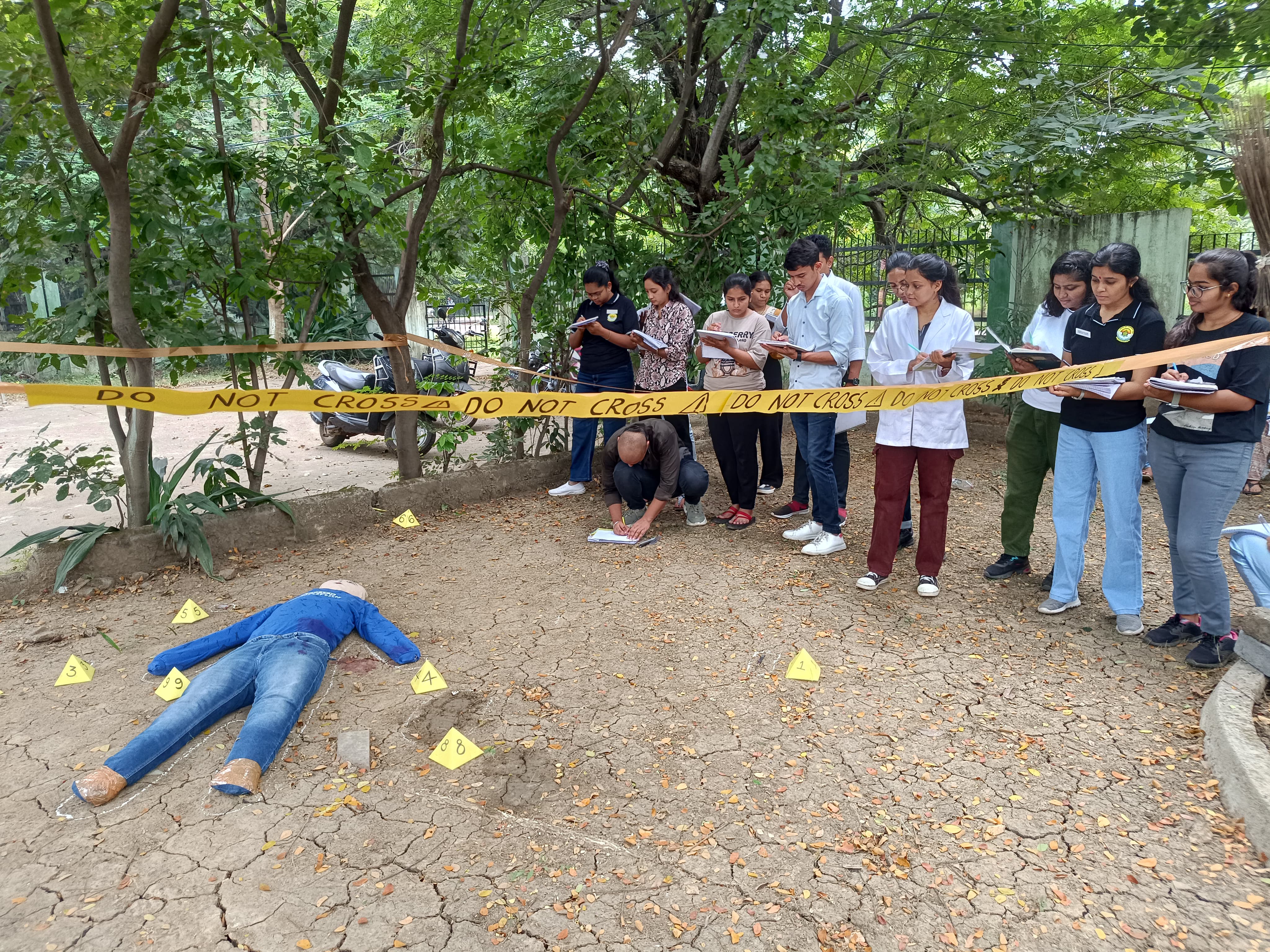
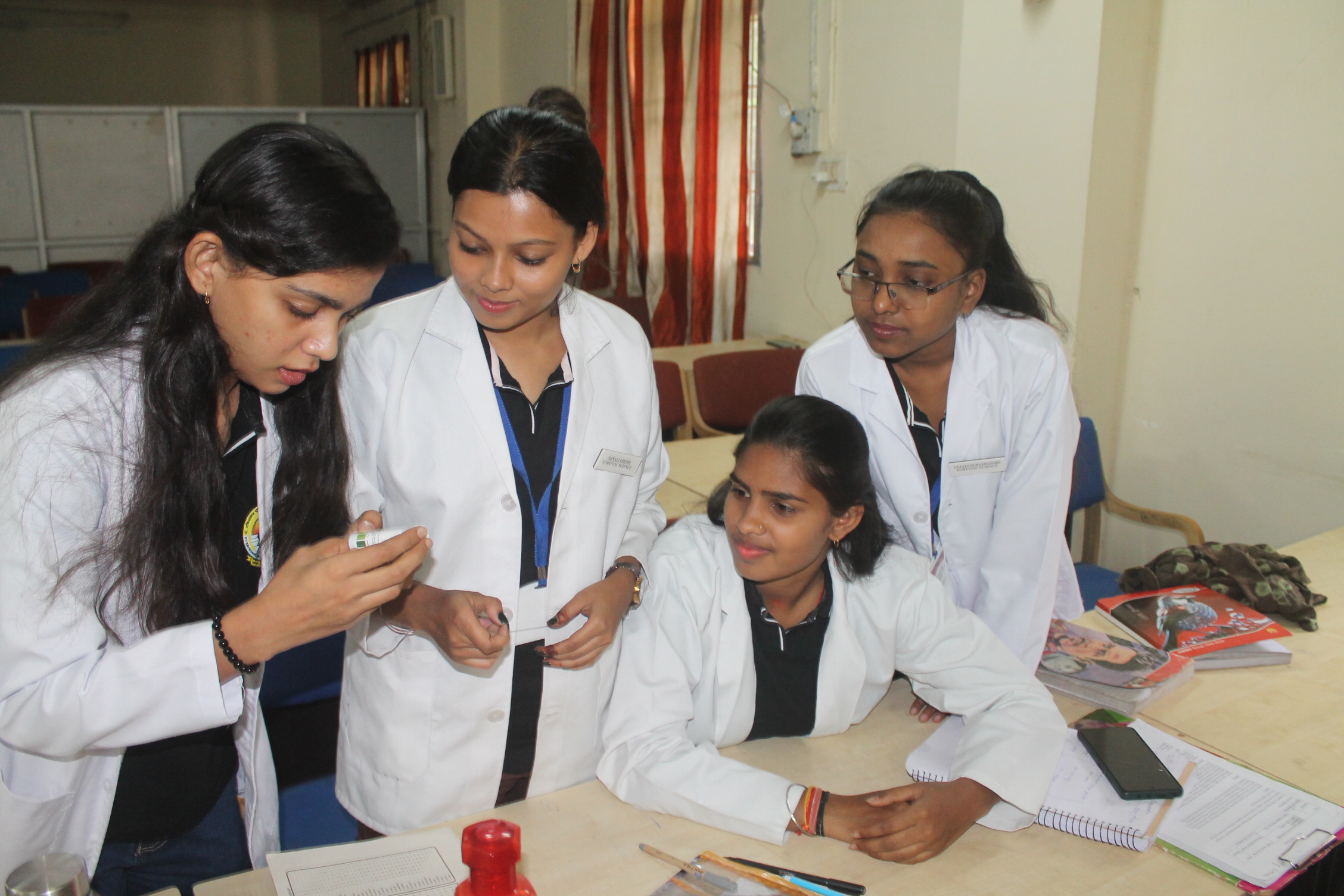
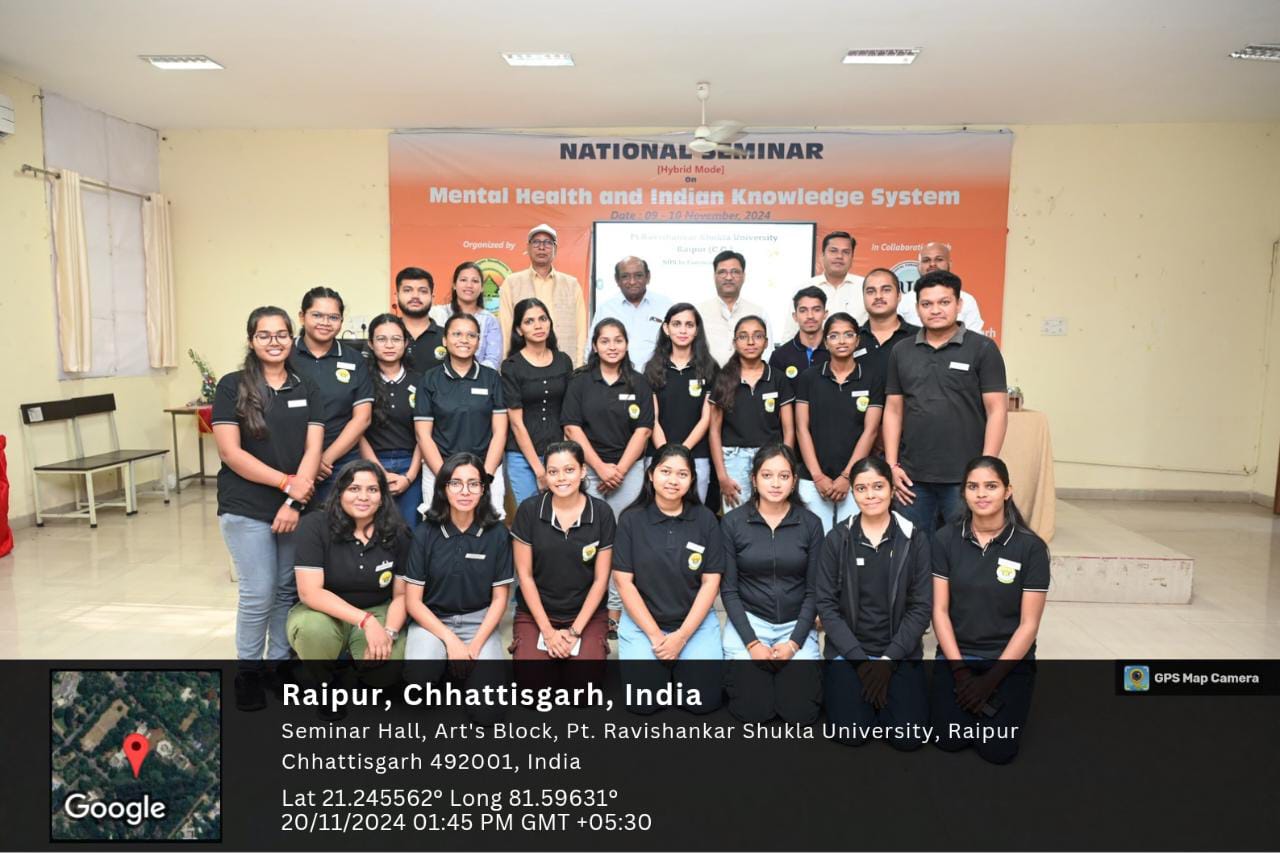
पं. रविशंकर शुक्ल विश्वविद्यालय, रायपुर, छत्तीसगढ़, भारत
Pt. Ravishankar Shukla University, Raipur Chhattisgarh, India
NAAC Grade B++ Ranking by NIRF DST-PURSE Funded University






In response to the evolving nature of crime—marked by unpredictability and complexity—the need for a modern, evidence-based approach to criminal justice has become more pressing than ever. Forensic science offers a powerful, multidisciplinary framework for crime detection, prevention, and analysis. This field integrates scientific techniques with legal studies, psychology, cybercrime investigation, and awareness of contemporary criminal trends.
Recognizing this need, the Department of Forensic Science was established on 18th February 2024 as an independent unit under the Faculty of Science at Pt. Ravishankar Shukla University, Raipur (C.G.). It is the first state government-funded independent forensic science department in Chhattisgarh. The department is committed to developing highly skilled forensic experts equipped with analytical precision, critical thinking abilities, and strong ethical values—essential traits for contributing to the national criminal justice system.
Our academic programs are designed to prepare students to respond effectively to real-world crime scenarios. Through a combination of theoretical and practical training, students gain the reasoning skills necessary to analyze complex crime cases and offer informed opinions in legal contexts. Graduates are well-positioned for roles in various sectors, including police departments, forensic laboratories, media, private detective agencies, and more.
Currently, the department is proud to host a team of esteemed educators, including two Guest Faculty members and one Visiting Faculty, each bringing expertise in areas such as:
Forensic Biology & Serology (including DNA forensics)
Forensic Medicine
Forensic Chemistry and Toxicology
Questioned Document & Fingerprint Examination
Cyber Forensics
Graduates of forensic science have numerous opportunities in both public and private sectors. Government career paths include:
NIA (National Investigation Agency)
CBI (Central Bureau of Investigation)
IB (Intelligence Bureau)
State and Central Police Departments
CFSL & SFSL (Forensic Science Laboratories)
Hospitals, Banks, Armed Forces, Judiciary, Narcotics Control, and Wildlife Departments
In the private sector, employment avenues include:
Security firms
Detective agencies
Insurance companies
Media organizations
Law firms
Multinational corporations
Industrial consultancy and freelance practice
To support the justice system by cultivating a skilled workforce equipped with forensic expertise capable of upholding the law through scientific analysis.
To deliver high-quality education in forensic science.
To incorporate research, project work, and hands-on training into the learning process.
To develop communication skills essential for presenting expert opinions and findings in legal forums.
To instill professional ethics and conduct among students.
To provide practical experience in evidence collection and analysis through forensic lab training.
To strengthen interdisciplinary collaboration between science, law, and law enforcement.
To promote research in digital and cyber forensics, crime scene investigation, and allied domains.
To produce world-class forensic specialists capable of serving both national and international communities.
To contribute to national development through the cultivation of expert forensic professionals.
To foster globally competitive graduates through advanced teaching and learning methodologies.
To formulate and promote innovative strategies for crime prevention and societal safety.